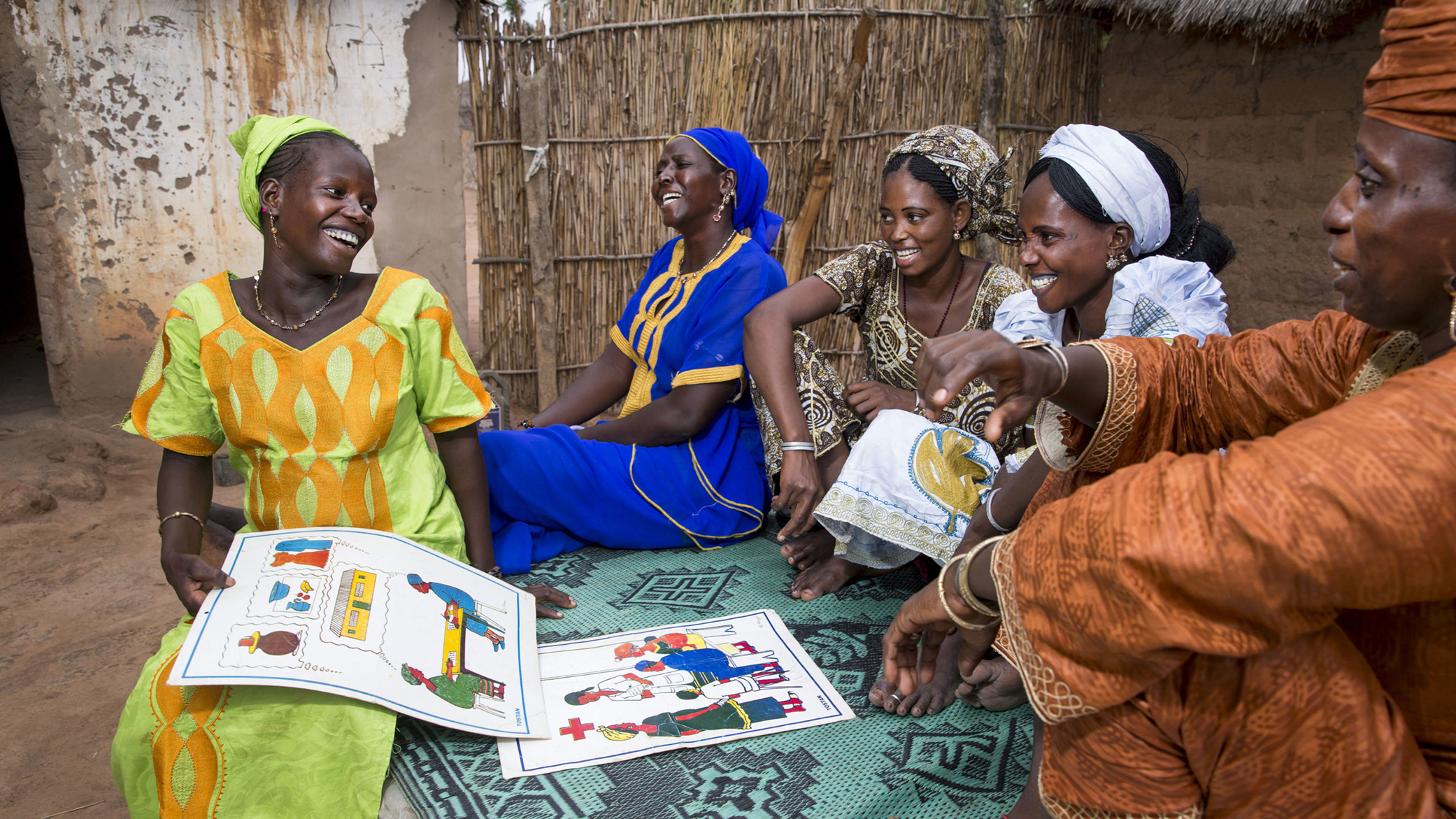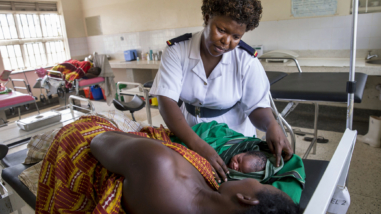Introducing our new program name: Gender Equity and Governance

Leading with gender equity is both responsive to what we have been learning from our partners and the communities we seek to serve, and reflective of our ongoing commitment to improving the lives of women. While there has been an emphasis on women’s reproductive health and rights for decades, in recent years our approach has expanded to include women’s economic empowerment. Gender equity has now become a cross-cutting theme in the program’s grantmaking, as we increasingly focus on government responsiveness and accountability to women’s voices, needs, and aspirations.
Government action is critical to address the multiple dimensions of inequity, including social, economic, and political and its intersections with gender, race, and other dimensions of social identity. Promoting robust and inclusive governance practices—increased transparency, accountability, public participation, and the use of evidence—is vital to improving policy choices, delivery of essential services, and responsiveness to all people’s needs. As such, improved governance and government effectiveness are critical to the success of all the program’s strategies.
In recognizing that we are not working across all aspects of gender, we debated internally and sought counsel externally on whether we should use “women” or “gender” in our program name. We decided to move forward with “gender” even though our grantmaking falls short of addressing all forms of gender discrimination and oppression. We stayed with “gender” because it describes our aspirations to exist in a world where funders, governments, and societies enable people of all gender identities to lead lives of dignity and fulfillment. This aligns with other foundation programs and strategies that cannot possibly work across the entire waterfront of the program names. Due to our limited resources, and a need to focus in order to contribute to impact, we are not working on all aspects of education; nor are we investing in everything related to the environment; nor all aspects of governance.
Our program is about to launch three new strategies over the coming months. As is standard practice at Hewlett, every five years or so we take stock of our work, look externally to see how the field and the world have changed, and identify new opportunities that may have emerged. By mid-summer, we’ll be launching our new International Reproductive Health strategy. The Women’s Economic Empowerment and the Transparency, Participation, and Accountability strategies will be released in the fall.
In the final analysis, what matters most is what we do, how we do it, and how we learn and adjust. This is constantly evolving work, and we will continue to learn from partners, inevitably make mistakes, and share. Just changing our name does not mean we have fully grappled with, much less solved, the ways in which historical patterns of acting and funding—patterns in which we are also complicit—have embedded and perpetuated racist and sexist systems. But language also matters, and the name change is meant to signal and convey the values we have come to embrace. The new “Gender Equity and Governance” framing will show up in all of this work, better reflecting not just Hewlett’s values, but also the strategies that our grantees have helped evolve and inform, our partnerships over the years, and our aspirations for the world we want to build together.


